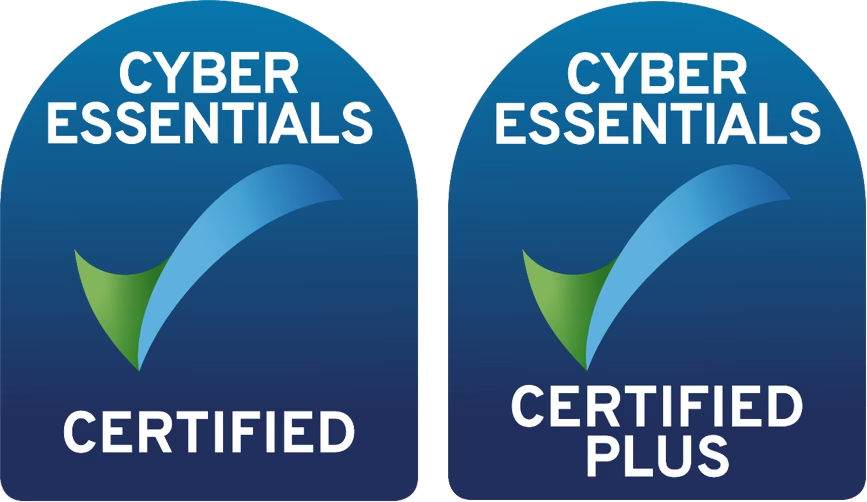What’s Cybersecurity Insurance, and Does My Business Need It?
Cybersecurity insurance is a product that helps businesses mitigate the risk and cost of cyberattacks and data breaches. Cybercriminals are opportunists who will exploit any vulnerability in your network, system, or human factor. If you run a business, you need cybersecurity insurance to protect your data, reputation, and revenue from cyber threats. No matter the size of your business, you are a potential target for hackers. Don’t assume your standard errors and omissions (E&O), property, or general liability policies will help you if you get in a bind either. Most won’t cover cyber damages or electronic record breaches. For that, you need IT Security Services and something called cyber liability insurance. This primer will help you get acquainted and protect your sensitive data, as well as your bank account.Cybersecurity Insurance, Defined
This insurance product specifically covers cyber incidents, insulating businesses from the financial losses and costs associated with them. Most cover an array of common cybercrimes including, data breaches, electronic record theft, ransomware attacks, denial of service events, and other forms of hacking. It’s important to note that, “Cybersecurity policies can change from one month to the next, given the dynamic and fluctuating nature of the associated cyber-risks. Unlike well-established insurance plans, underwriters of cybersecurity insurance policies have limited data to formulate risk models to determine insurance policy coverages, rates, and premiums,” explains Tech Target.How Do You Know If You Need Cybersecurity Insurance?
While no business is immune to cyberattacks, some are more likely targets than others. Look into cyber insurance if you fall into one of these three categories:1. You rely on electronic data to run your businesses.
Anything stored online or on a computer can be hacked. Period. Even if you make every possible effort to secure your data, the risk of a breach is never zero. If you think about all the types of information most businesses work with – social security numbers, credit card info, company financial data – it’s easy to see why they’d be of value to a threat actor. Cyber policies can help cover ransomware payments and legal fees should your data get stolen.2. You have a sizable customer reach.
The bigger your customer base, the more money a hacker can potentially make from selling those records. It’s also a PR and regulatory nightmare to alert anyone you’ve ever done business with about a data breach you’ve incurred. With the right cyber insurance, you can insulate your business from some associated cleanup costs and regulatory fines put in place to protect consumers.Profits alone can be like a beacon for nefarious cyber actors.
3. You’re profitable or have business assets.
So you’re turning a profit in your business. Great! That alone can be like a beacon for nefarious cyber actors. They may view it as a green light to drive up the price of your ransomware payment or simply disrupt your hard-earned revenue. And even though it’s impossible to know the total cost of a breach ahead of time, it’s likely the premium on your cyber policy will pale in comparison.Where Do You Go For Cybersecurity Insurance Coverage?
Several reputable insurance providers now offer cybersecurity coverage on their insurance plans. You’ll typically be creating a new policy, separate from any you already have with a carrier. However, some providers do offer cybersecurity endorsements that can be packed with other policies. If you’re curious whether your current insurance provider offers cyber coverage, contact your broker or find a cybersecurity insurance specialist. And remember, since the threat landscape is constantly shifting, simply instating a cyber policy is likely not enough to keep your business totally protected. Insurance is focused on recovery, but you as an employer still have to take the reins on prevention.
With over 15 years at Speedster IT, I’ve built a career around helping businesses navigate the evolving world of technology. I publish all the content for the IT Support London Blog and Cyber Security Blog, where I share practical insights on infrastructure upgrades, cybersecurity trends, and smart IT strategies for growing companies.
